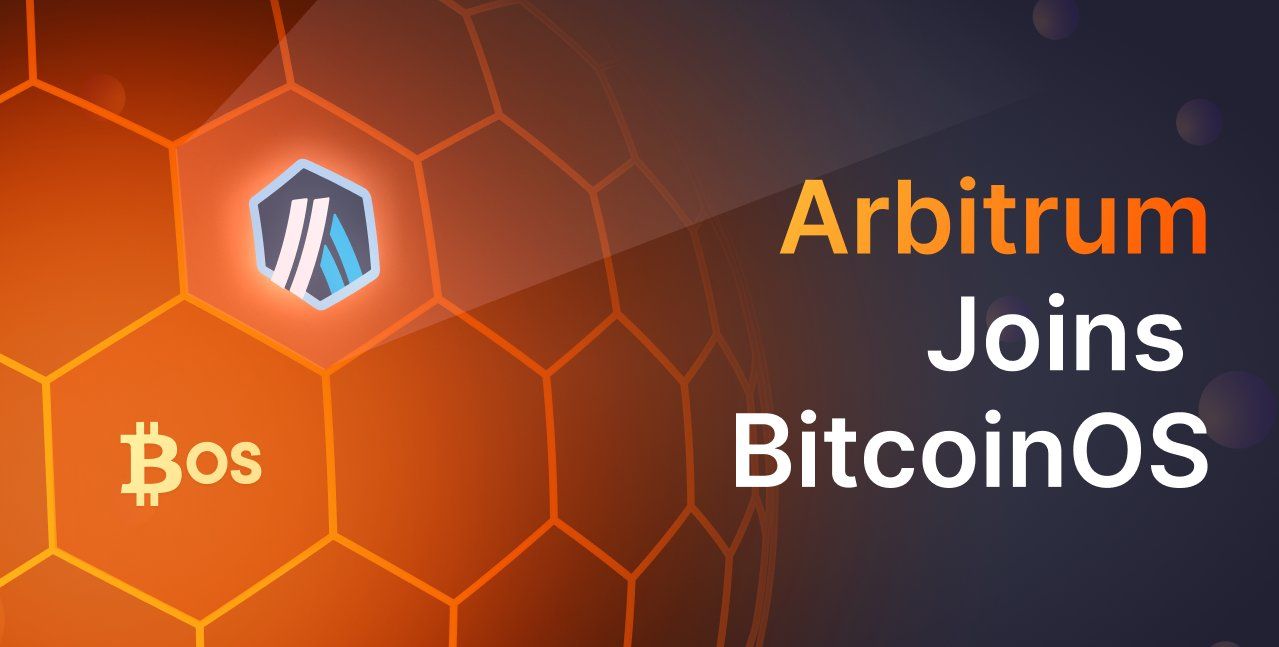Arbitrum has announced its integration with BitcoinOS to become a hybrid L2 rollup on Ethereum and Bitcoin networks set to launch in Q3 2025.
Arbitrum and BitcoinOS Make Interoperability a Reality
The integration with BitcoinOS enables smart contract functionality on the Bitcoin network. It allows users to enjoy the benefits of Arbitrum’s fast and cost-effective transactions while also tapping into the unparalleled security and liquidity of the Bitcoin network.
The hybrid L2 rollup solution combines Arbitrum’s optimistic rollup technology with the novel approach of BitcoinOS to Bitcoin scalability through key technical innovations.
The innovations are:
- Cross-chain validation of transactions on both Ethereum and Bitcoin networks.
- Dual-asset liquidity pool using both ETH and BTC for more efficient capital utilization.
- Unified smart contract execution to interact with both Ethereum and Bitcoin-based assets.
- Enhanced scalability by leveraging both networks, potentially processing millions of transactions per second.
What This Means for the Cryptocurrency Ecosystem
Developers can create innovative financial products that leverage the unique properties of both networks. This integration could attract billions of dollars in new liquidity to the DeFi space.
By bridging the gap between Ethereum and Bitcoin, Arbitrum’s hybrid solution could accelerate the mainstream adoption of blockchain technology.
This may lead to a more unified and user-friendly experience, reducing the barriers to entry for newcomers to the cryptocurrency space.
It could also increase the correlation between ETH and BTC prices as the two assets become more intertwined through this hybrid Layer 2 solution.
However, there are concerns about the complexity of the hybrid system and potential security risks. The integration might introduce new attack vectors and compromise Bitcoin’s reputation for simplicity and security.
Furthermore, regulations still hang in the balance and may lead to compliance challenges in various jurisdictions.
In conclusion, this solution could reshape the landscape of decentralized finance, smart contracts, and blockchain scalability by bridging the gap between the two largest cryptocurrency networks.
READ MORE: Bybit Accepts $1M Fine to Allow Indian Traders Use Its Platform













